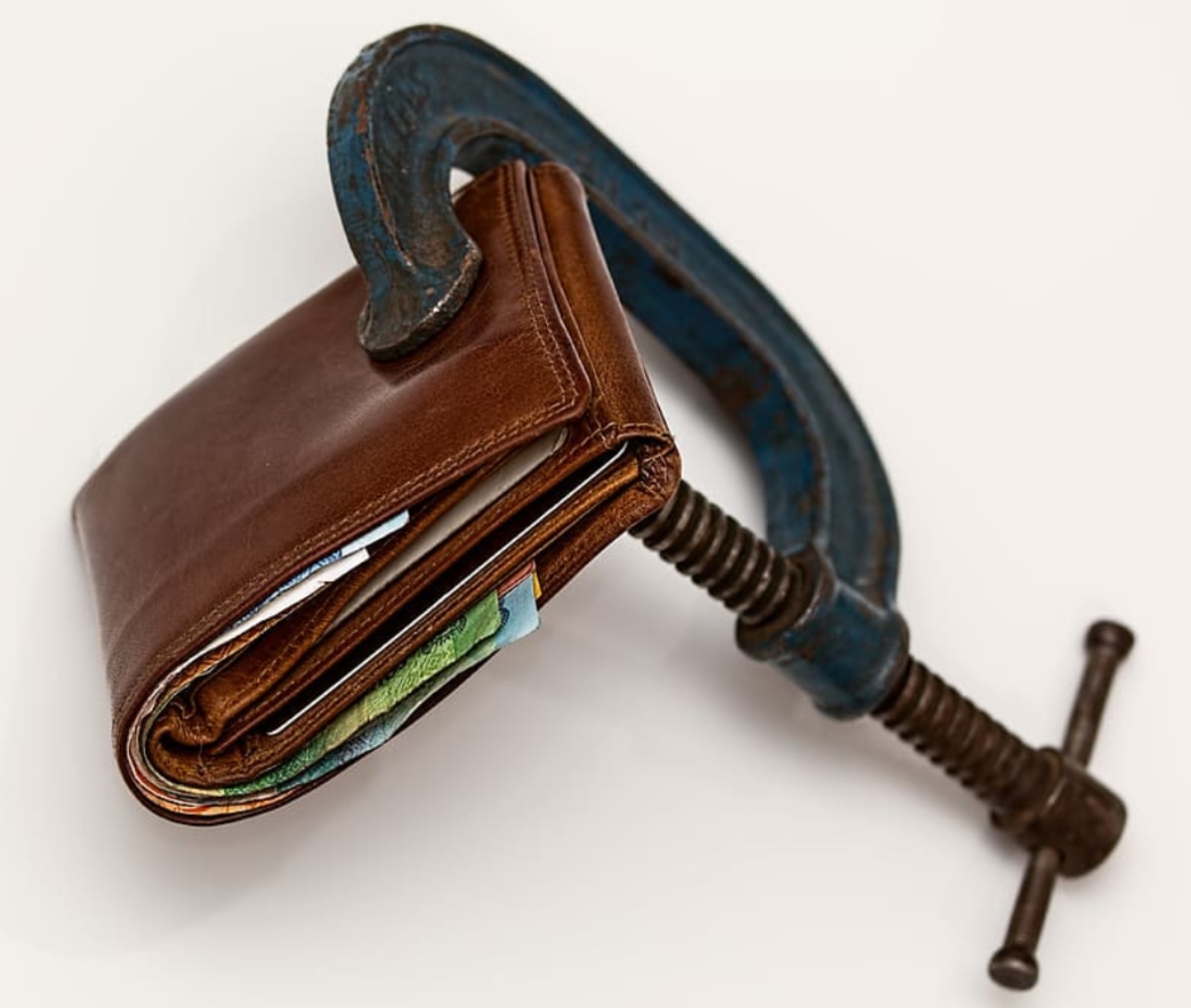
By M Alam Brohi
We have not been able to put the country’s economy on a sound footing during the past seven decades. We have had periodic economic booms quickly followed by busts with deep impact on the life of the common man because the accruing benefits of the economic stability were appropriated by the elite and the adverse fallout of the crunch was callously shifted to the helpless populace. We have been living in this vicious cycle since independence.
We never pondered seriously over our monumental failure to have sound economic policies and priorities. We also did not make serious efforts to identify the reasons for our economic woes or just vainly avoided holding the bull by horns. As a free nation, we started from scratch with overriding security apprehensions. We were able to tide over our security-related concerns within a decade or so with the generous US military and economic aid. Our modest defence budget (currently ranging between $7 -8 billion) would have never been an overburdening allocation, given the country’s enormous resources if we had sound economic policies and priorities. The causes of our failure are parked somewhere else.
Over decades, we have developed into a people who want to enjoy the sight of colourful rainbows without wanting rain. We witnessed the economic boom during Ayub Khan’s tenure due mainly to massive economic aid by the Western bloc of nations for our role as anti-communism ally. This was followed by relative economic stability in the military regimes of General Zia and Pervaiz Musharraf given the massive cash inflows from the US and its allies as a reward for our front state role in Afghanistan and the anti-terrorism wars. We did not use this economic aid prudently to reform our economy or utilize the same in productive projects to address our economic weaknesses particularly our chronic energy shortage. The Western economic and financial aid from 2002-2015 averaged within the range of $25 billion if we believe the claim of the US leaders. Similarly, during the Zia’s dictatorship we roughly received annually $1.5 billion. We were the third largest beneficiary of the US aid after Israel and Egypt.
The energy or the utilities have always been the cause of public anxiety and unrest in the country. Every civilian regime has faced public uproar on this count. There have been massive public demonstrations against the recent phenomenal raise in the utility bills particularly of electricity. The prices of petrol and petroleum products too have gone up abnormally. Soon the bills of gas would also skyrocket. This would add up to the public outrage. The government takes shelter behind the conditionalities of the IMF after signing the standby agreement with it. It is not so. The government has other options to achieve the targeted revenue of Rs1,500 billion set by the IMF. The previous finance minister unnecessarily wasted many months in his futile exercise to beg financial assistance from here and there to shore up our declining foreign exchange reserves. His dithering exasperated the economic situation in the country. Nevertheless, the IMF bailout is a temporary relief providing a small cushion to us for a brief period to put our house in order. But how should we go about it?
We talk of dispensing with the subsidies allowed to various segments of the elite. The free or partially free utilities and petrol to cabinet members, civil servants, judges, the CEOs of corporations numbering hundreds of thousands in the country consume a whopping amount annually. The cost and maintenance of the vehicles from land cruisers, Mercedes Benz to standard Corolla and small cars is a heavy drag on the fragile economy of the country. These utility subsidies and free petrol coupons and vehicles are excessively misused. There have been scandalous reports to this effect. Not long ago there was a report rattling the corridors of the Sindh secretariat that over 600 official vehicles are unaccounted for in the province. The provincial administration was unable to trace out and recover these missing cars from its own officers. Examples of such callous misuse and pillage of the national property must be in abundance in the other three provinces too. These reports are suppressed and never allowed to see the light of day. Who should bell the cat?
A UNDP report compiled two years ago stated that ‘economic privileges accorded to Pakistan’s elite groups, including the corporate sector, feudal landlords, the political class and the country’s powerful military, add up an estimated $17.4 billion or roughly 6 per cent of the country’s economy’. This makes 34 per cent of our roughly $50 billion budget. The report has actually comprehensively examined the issues of inequality and economic disparity in Pakistan, and suggested changes to address the economic and social imbalances in our society. A senior columnist has elaborated the elite’s privileges as ‘their relatively easy access to economic resources and opportunities (for example, government expenditures, subsidies and licences, access to state and private capital), tax breaks and tax evasions.’
While quoting extensively from the above UNDP report Mr Niaz Murtaza, a political economist, has cautiously estimated that these privileges involve annually Rs370 billion for landed elite, Rs725 billion for the corporate sector and Rs600 billion for traders and Rs250 billion for military elite. This is a total of nearly Rs2 trillion for a tiny population at the perilous cost of over 230 million. In contrast, Pakistan spent only around Rs1.3 trillion annually in recent years on education, health and other social expenditures to cater to the needs of its masses. Even a chunk of this is siphoned off by the rich. The report questions tax and market regulations that directly benefit the elite, and calls for changes in the social expenditure policies to reverse this sorrowful capture of state resources by the elite. The IMF condition for raise in the revenue of the country could be comfortably met by dispensing with these privileges to the elite and widening the tax net.
However, these well-off Pakistanis are very possessive of their privileges. Is this luxury affordable in a country passing through chronic economic crises? Until 1990s, the Chinese Ambassadors while serving at the headquarters used to have two-room apartments and bicycles for commute between their residences and place of work. The sacrifices given by them as a nation made them the second economic power in the world within the shortest possible time, while our elite is paranoid about luxurious way of living and keeps amassing more privileges in utter disregard of the economic woes of the country. We witnessed this recently. Instead of applying drastic cuts on the privileges of the elite, the PDM regime increased the rates of direct and indirect taxes, prices of the oil and petroleum products, and maintained the large size of the cabinet. We also witnessed their mad attempt to scale up the salaries of the Senators including their Chairman. The bill was withdrawn only after a public uproar.
The bureaucracy expands like wild mushrooms if not checked and regulated. We have hundreds of dispensable federal and provincial departments. For the sake of brevity and clarity, I would like to cite only one example. We have the fully staffed and equipped set-up of the federal ombudsman filled up with retired bureaucrats. There are similar set-ups in all the provincial capitals. The last PPP government created a separate set-up of the federal tax ombudsman to accommodate a favorite. We have huge establishments of Sui Southern Gas Company Limited (SSGCL) and Sui Northern Gas Pipelines Limited (SNGPL). We have almost exhausted the deposits of natural gas in Sui.
The gas deposits in Sindh and KPK do not warrant such huge corporations. We need a small, efficient and effective authority for the management and distribution of these deposits. Are the above bureaucratic set-ups cost effective? Has any government assessed their utility as contrasted to the whopping budgetary allocations consumed by them every year? Instead, the governments keep creating new ministries out of the womb of old ones to accommodate party members or favorites.
(To be continued)
M Alam Brohi is a senior analyst, author and former ambassador. He can be reached at brohialam7@gmail.com
The online content is the sole responsibility of the writer.










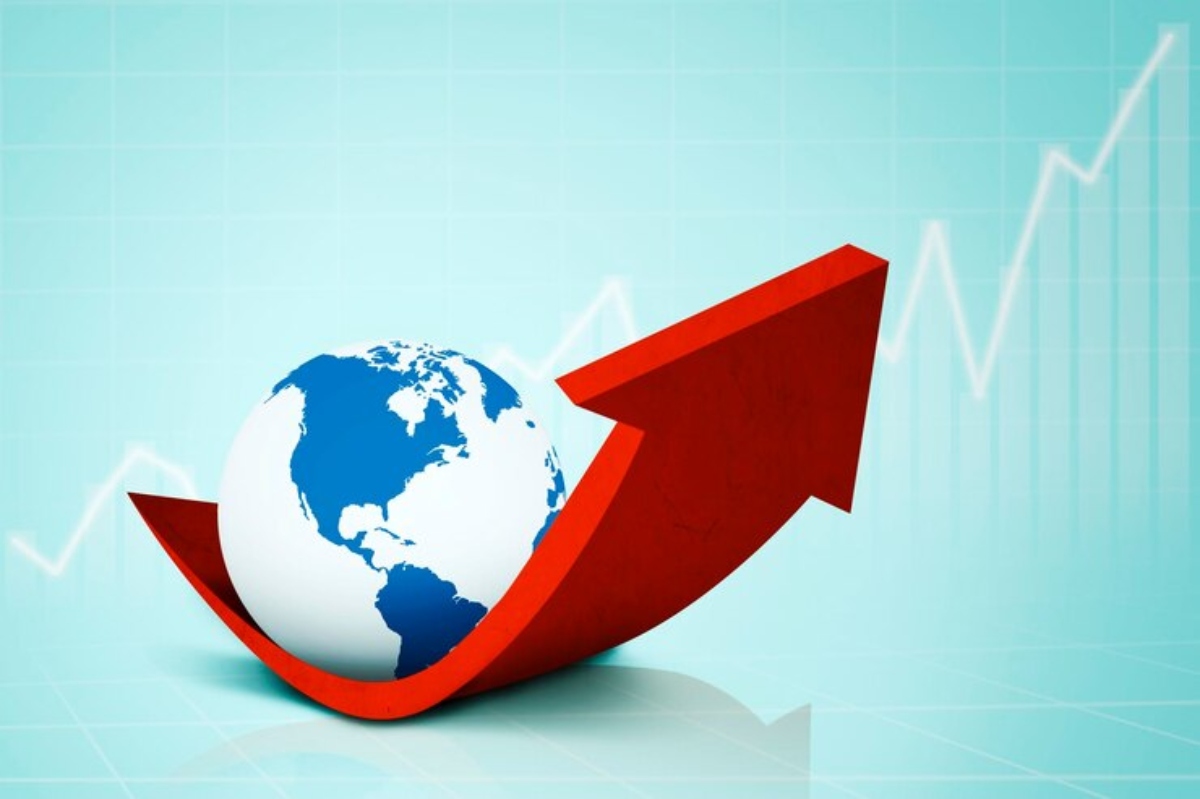
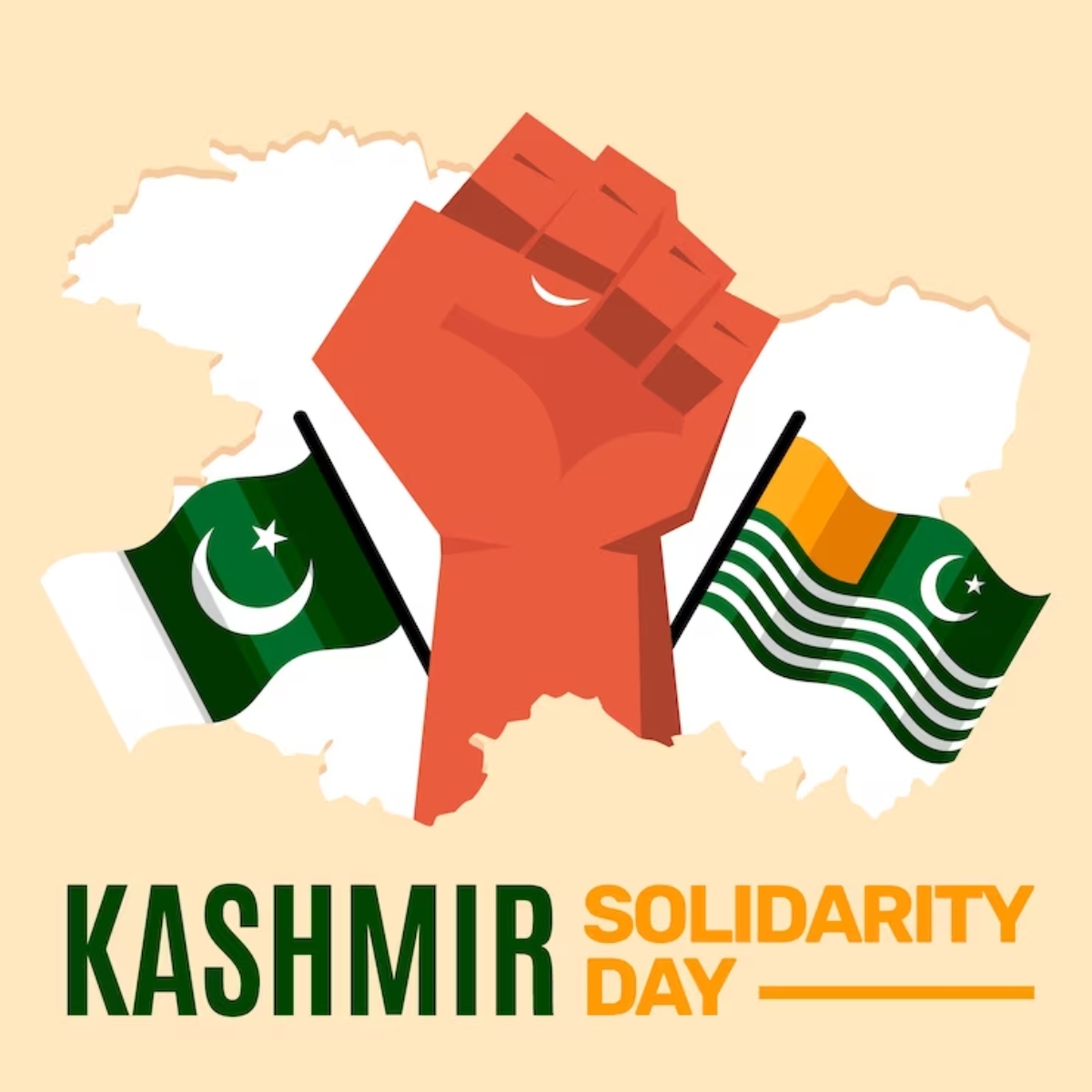







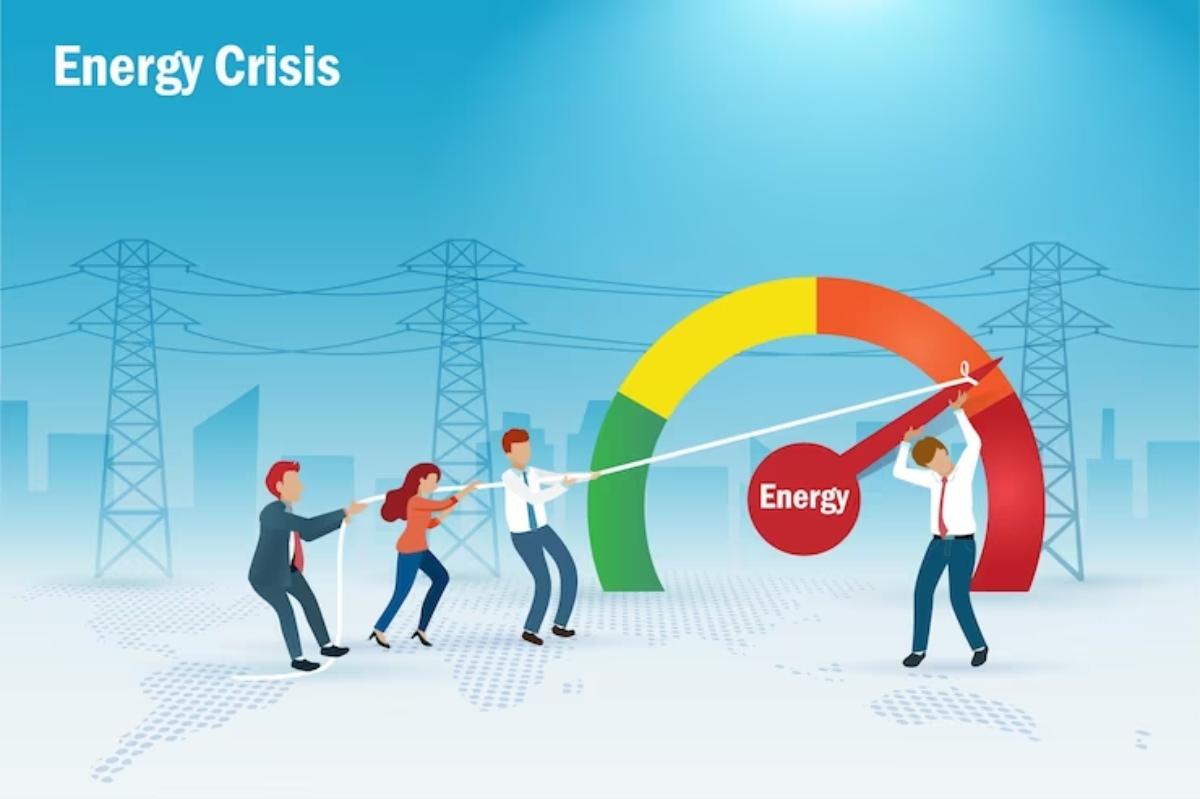

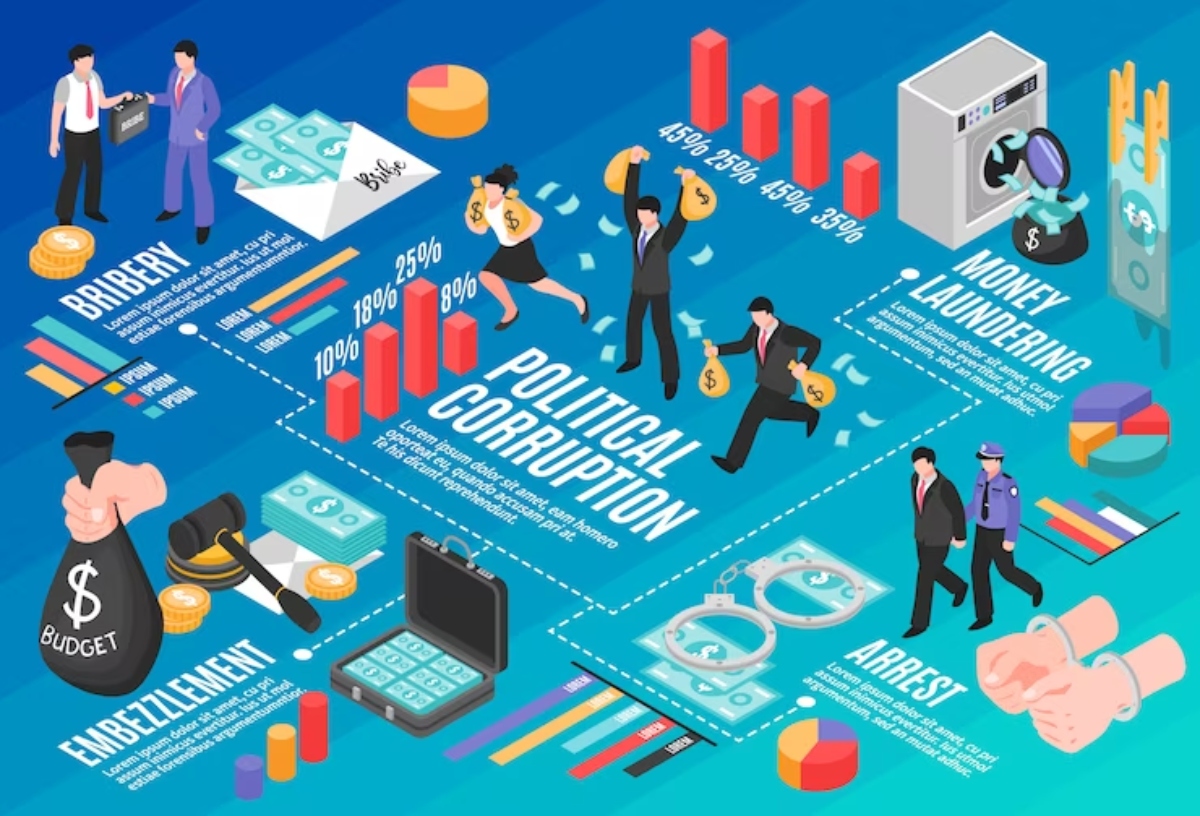



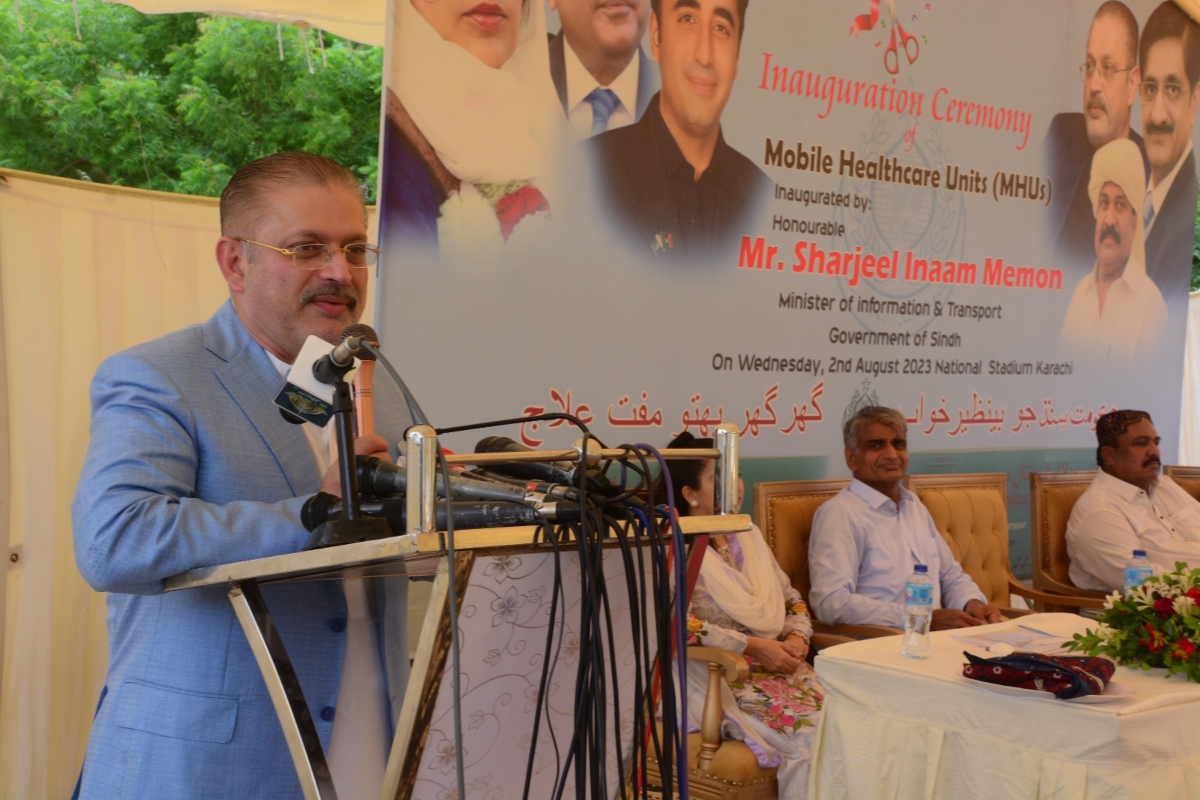

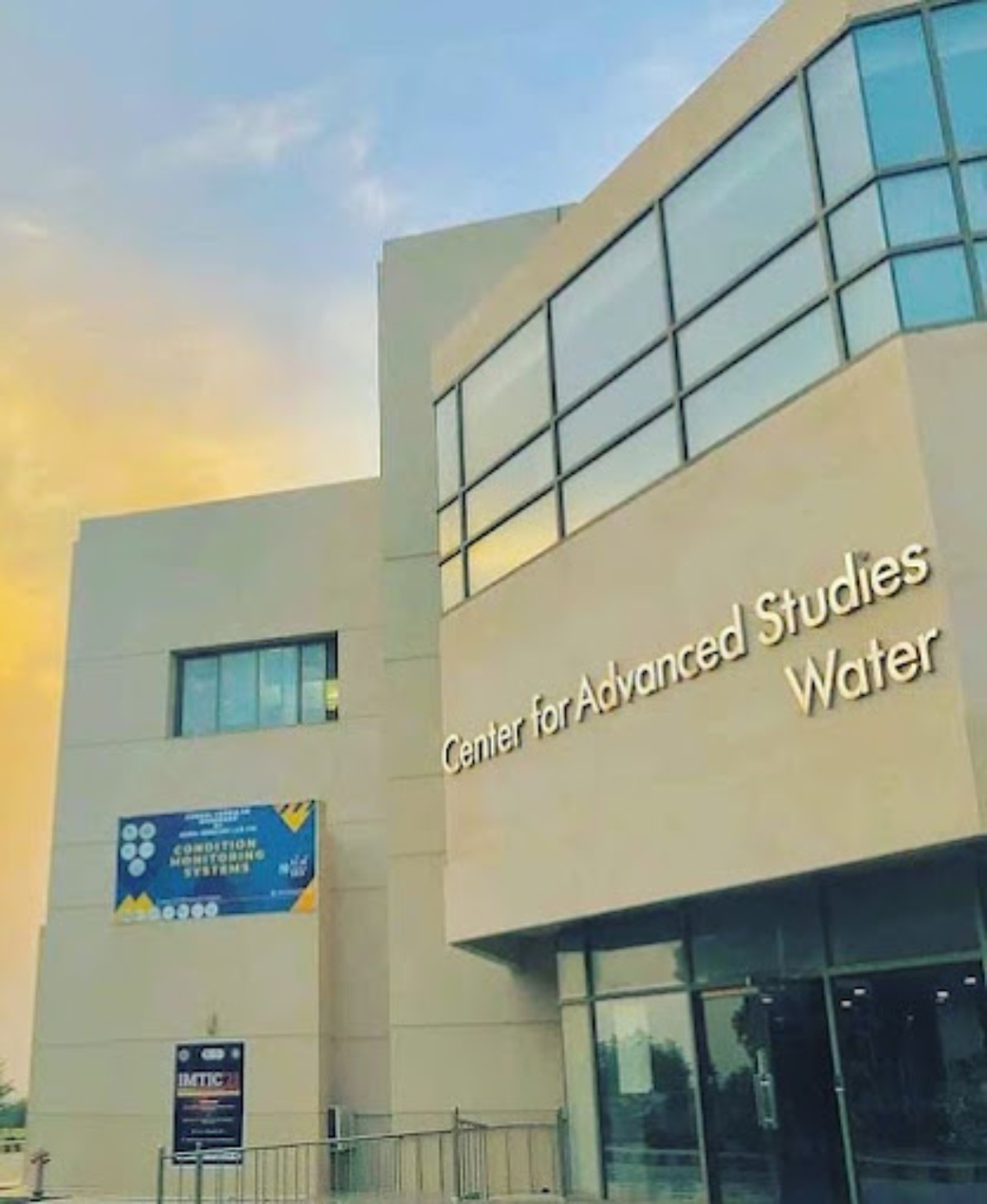
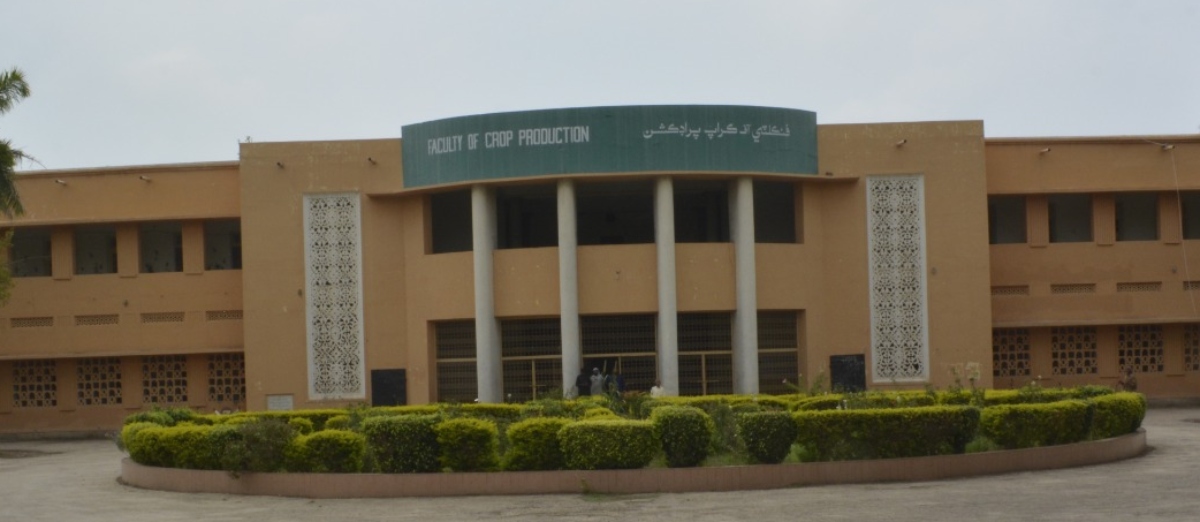

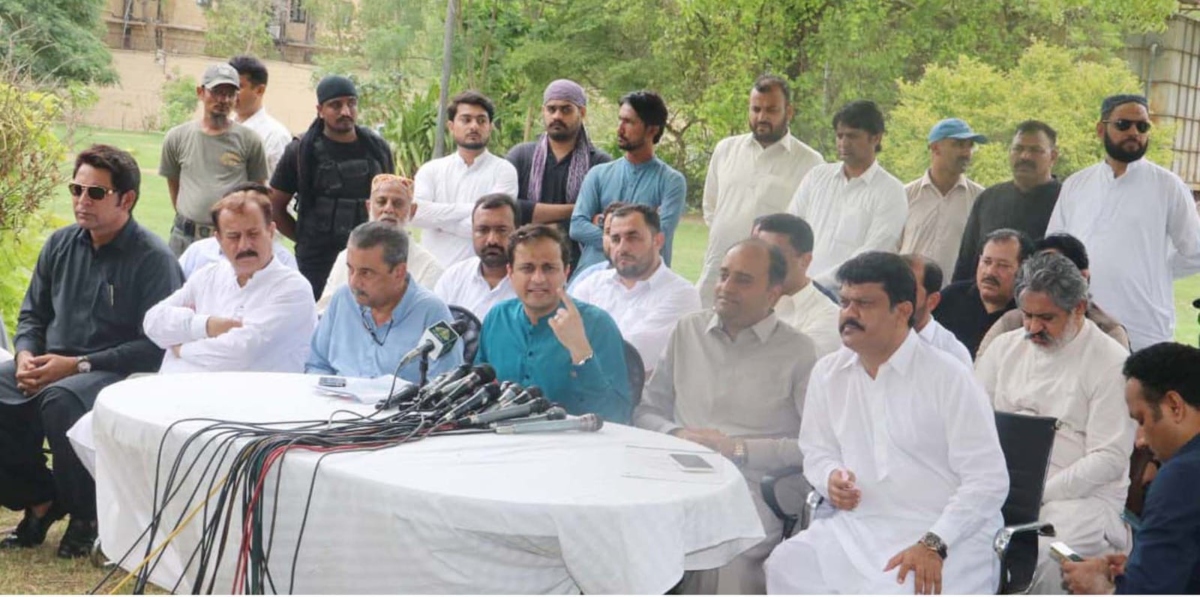



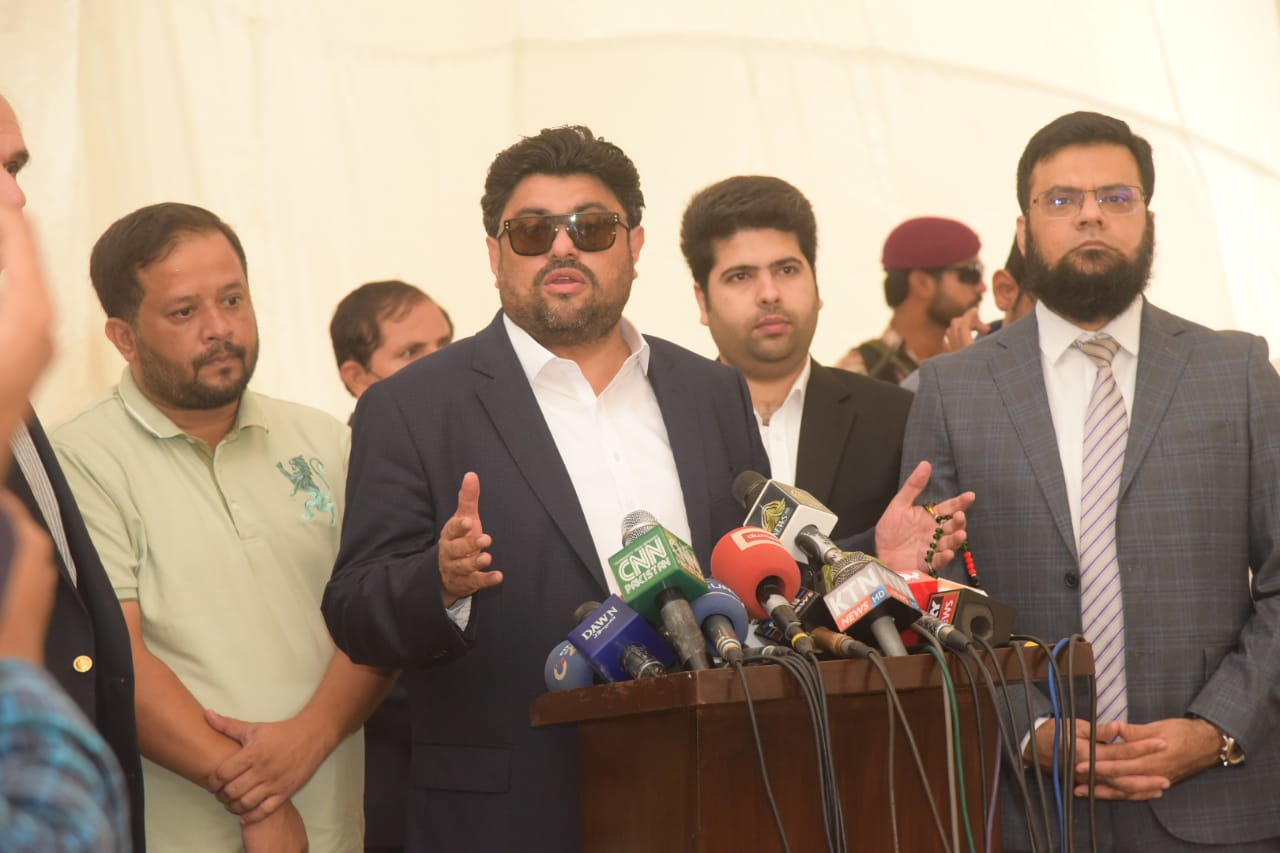
Ambassador Alam Brohi’s analysis of our situation hits a bullseye.
Excellent 👌
There is only solution to eliminate corruption at any cost.
No solution to problems is visible right now! People are being forced to pay high electricity bills because of poor policies of all the elected previous governments unfortunately.
it is really true.